The February 8th deadline for DACA is here and the March 5th DACA termination deadline approaching legislators are introducing bills to resolve the long-standing “Dreamer” immigration issue.
DACA is a form of temporary protection from deportation known as “deferred action.” Deferred action is one way in which the executive branch historically has exercised discretion over whom should and shouldn’t be deported from the United States. DACA specifically grants people who came to the United States as children, pass a criminal background check, and meet educational and other criteria permission to live and work in the country on a two-year, renewable basis.
Programs like DACA make sense. The government has limited resources and needs to pick and choose the people who are being deported. And that’s especially true when it comes to a penalty as severe as deportation — that is, banishment from your home or what the Supreme Court has called the loss of “all that makes life worth living.”
Indeed, federal immigration authorities have granted deferred action to immigrants in a variety of circumstances. For example, deferred action has been made available to victims of human trafficking and sexual exploitation, relatives of victims of terrorism, surviving family members of a lawful permanent resident member of the armed forces, spouses and children of U.S. citizens or lawful permanent residents who are survivors of domestic violence, surviving spouses of U.S. citizens, foreign students affected by Hurricane Katrina, and applicants for certain types of visas.
What we do know is that the administration continues to focus on its “four pillars” framework: border security, a 10- to 12-year path to citizenship for 1.8 million “Dreamers,” an end to “chain migration,” and an end to the diversity visa lottery. So the debate continues on the “Dreamers” future.
In the meantime, DACA beneficiaries may continue to apply for renewal, while we await further court rulings. Please contact our office if you have any questions.

